Watching your newborn grow and change is an exciting journey, but you might be wondering, what are intellectual milestones for a newborn and how can you tell if your baby is on track? In the first year, your little one’s brain is working hard, learning to recognize faces, react to sounds, and explore the world around them.
Every coo, smile, and curious glance is a sign of their growing mind! In this guide, we’ll walk you through the key intellectual milestones from birth to 12 months, what influences your baby’s cognitive development, and simple ways you can support their learning every day.

What Are Intellectual Milestones?
Intellectual milestones are the key signs of your baby’s growing brainpower—their ability to think, learn, and interact with the world. From recognizing your face and voice to making sounds and exploring objects, these little moments show how your baby is developing cognitive skills.
In the first year, your newborn’s brain is like a sponge, absorbing everything around them. They start by reacting to sights and sounds, then move on to recognizing patterns, problem-solving, and even showing early signs of communication. These milestones help you understand how your baby is learning and adapting to their environment.
Key Intellectual Milestones of a Newborn
Babies grow at their own pace, so it’s normal for some to reach milestones earlier or later than others. If you’re wondering “What are some intellectual stages of a newborn?”, below is a breakdown of what most babies accomplish from birth to 12 months:
By 2 Months
At this stage, your baby is starting to show early signs of awareness and recognition. If you’re asking, “What are two intellectual milestones for a newborn?”, some key signs include:
- Social Smiles: Those first gummy grins aren’t just gas—they’re real! Your baby starts smiling intentionally when they see your face or hear your voice.
- Tracking Objects: They’ll follow moving objects (like a rattle or your hand) with their eyes, though their focus might still be a little shaky.
- Cooing Conversations: Expect sweet “ahh” and “ooh” sounds when you talk to them. They’re practicing the basics of language!
- Recognizing Familiar Voices: They might quiet down or turn their head when they hear you or a caregiver.
By 4 Months
At 4 months, your baby is becoming more expressive and aware of their surroundings. They may:
- Laughing Out Loud: Get ready for giggles! Your baby reacts to silly faces, peek-a-boo, or tickles with delighted laughter.
- Hand-Eye Coordination: They’ll swipe at toys, grab your hair (ouch!), and bring objects to their mouth to explore textures.
- Babbling 2.0: Their coos turn into longer strings of sounds like “ba-ba” or “ga-ga.” Talk back—they’re learning turn-taking!
- Interest in Mirrors: They might stare at their reflection (or yours) with fascination, though they don’t realize it’s them yet.
By 6 Months
By 6 months, your baby becomes more curious and interactive. Here’s what you might notice:
- Object Permanence Begins: If you hide a toy under a blanket, they’ll look for it! They’re starting to grasp that things exist even when out of sight.
- Babbling with Purpose: Sounds become more speech-like, and they’ll use tone to express excitement or frustration.
- Passing Objects Hand-to-Hand: Watch them transfer a toy from one hand to the other—a sign of growing coordination.
- Responding to Emotions: They’ll react to your tone of voice (e.g., smiling when you’re happy or freezing if you sound upset).
· Showing Curiosity: Your baby will explore objects by putting them in their mouth and reach for toys they want.
- Recognizing Names: They may respond to their name and recognize familiar people, showing memory development.
By 9 Months
Now, your baby is actively engaging with their surroundings and figuring out how things work! Expect milestones like:
- Understanding Simple Words: They recognize “no,” “bye-bye,” or their name. They might even wave hello or goodbye!
- Pointing at Things: Those tiny fingers start gesturing toward objects they want or find interesting.
- Separation Anxiety: They may cry when you leave the room or reach for you—it means they remember you and miss you!
- Exploring Cause and Effect: They’ll drop toys repeatedly to see you pick them up (hello, game of fetch!).
By 12 Months
Your baby is wrapping up their first year with even more cognitive skills. By their first birthday, expect:
- First Words (Maybe!): Many babies say “mama,” “dada,” or another simple word with meaning. Some have a few words; others babble a lot.
- Following Simple Directions: They might clap when you say “yay!” or hand you a toy when asked.
- Imitating Actions: They’ll copy you brushing hair, “talking” on a phone, or stirring a spoon.
- Problem-Solving: They’ll figure out how to stack blocks, fit shapes into holes, or find hidden toys.
Factors That Influence Intellectual Development
Your baby’s intellectual growth is influenced by a mix of factors—some you can control, and others that are beyond your influence. Understanding these factors can help you create a nurturing environment that supports their development.
Genetics and Prenatal Factors
A baby’s cognitive development begins long before birth and is significantly influenced by genetics and prenatal conditions.
· Genetic Makeup: The foundation for brain development is set by the baby’s DNA, which determines traits like memory capacity and learning abilities.
· Prenatal Health: Factors such as maternal nutrition, exposure to toxins, and overall health during pregnancy play a critical role in ensuring optimal brain development.
Nurturing Environment
A calm, engaging environment helps your baby’s brain thrive. Too much chaos (like constant loud noises) can overwhelm them, while boredom can slow learning. Aim for balance:
- Safe spaces to explore (think: baby-proofed floors, interesting textures).
- Sensory variety (soft toys, rattles, colorful mobiles, nature sounds).
- Routine (predictability helps them feel secure enough to learn).
Nutrition
A well-fed brain is a learning brain! Breast milk or formula provides essential fats, vitamins, and proteins for cognitive growth. As solids are introduced (around 6 months), iron-rich foods like pureed meats or lentils support memory and focus.
Attachment and Emotional Bonding
The emotional connection you share with your baby is crucial for intellectual development. Responsive caregiving—like comforting them when they’re upset, talking to them often, and making eye contact—helps your baby build a sense of security and trust. This bond encourages their brain to develop in a positive, healthy way.
Social Interaction
Socializing with family members, caregivers, and even other babies can also play an important role in cognitive development. Talking, singing, and interacting with your baby helps them develop language skills, emotional understanding, and social awareness. The more positive and meaningful interactions your baby has, the stronger their intellectual and emotional growth will be.
Play & Stimulation
Play is your baby’s “job”—it’s how they explore cause-and-effect, problem-solving, and creativity. Age-appropriate toys, tummy time, and interactive games (peek-a-boo, anyone?) spark curiosity.
Sleep
Rest is just as important for your baby’s brain development as play and stimulation. Babies’ brains are highly active during sleep, organizing and processing information from the day. Lack of sleep or poor-quality sleep can impact your baby’s cognitive function, mood, and overall development.
Health & Well-Being
A baby’s overall health can affect their ability to reach developmental milestones. Chronic illness, hearing or vision issues, or developmental delays can impact how they engage with the world. Regular pediatric checkups, vaccinations, and monitoring any concerns early on will help keep your baby on track for healthy development.
How to Help Your Baby’s Intellectual Growth
Understanding the factors that influence intellectual development is just the beginning. The next step is actively supporting your baby’s cognitive growth through everyday interactions and activities.
Below are age-specific strategies for nurturing your baby’s cognitive development during this critical period.
Activities to Support Cognitive Growth (0-6 Months)
During the first six months, your baby is developing basic sensory and motor skills, laying the foundation for intellectual growth. Here’s how you can help:
● Talk and Make Eye Contact: Speak to your baby while ensuring they can see your face and eyes. Babies are naturally drawn to faces, and this helps them develop focus and communication skills.
● Read and Show Pictures: Use books with large, colorful images. Read aloud in different voices to keep your baby engaged. This encourages early language comprehension.
● Encourage Reaching: Place toys within sight but slightly out of reach to motivate your baby to reach and grasp during tummy time. Interactive infant toys, like soft rattles or light-up sensory toys, are perfect for this stage as they engage sight, sound, and touch.
● Change Activities Regularly: Babies can become overstimulated or bored quickly. Switch up activities when your baby starts to fuss to keep them interested.
Activities to Support Cognitive Growth (6-12 Months)
Between 6 and 12 months, your baby’s curiosity and ability to explore increase. Here’s how to foster their intellectual growth during this phase:
● Play Hide and Seek with Toys: Hide a favorite toy partially under a blanket and encourage your baby to find it. This helps develop their memory and problem-solving skills.
● Introduce Simple Directions: Begin using short, clear instructions, like “clap your hands” or “wave bye-bye.” Your baby will start to understand and respond to these commands.
● Name Objects and Colors: Point to objects, say their names, and describe them. For example, “This is a red ball.” Repetition helps your baby build vocabulary.
● Encourage Exploration: Provide a safe space where your baby can crawl, pull up, and move around freely. Toys with features like buttons or levers can teach cause-and-effect relationships.
Using Interactive Toys to Boost Development
Interactive infant toys are fantastic tools for boosting your baby’s intellectual growth. These toys often incorporate features like bright colors, sounds, and textures, stimulating multiple senses at once. Not only do they encourage curiosity, but they also help your little one develop essential skills like hand-eye coordination, problem-solving, and early language abilities.
One standout option is the Alilo Smarty Bunny baby rattle. This cute bunny-shaped rattle features an easy-to-hold handle, perfect for little hands. As your baby shakes it, they’re rewarded with 66 different natural sounds, which help with auditory development and cause-and-effect understanding.
But that’s not all—the Alilo rattle doubles as a music player with nursery rhymes, stories, and lullabies that soothe your baby and encourage early language skills. The bunny’s soft, RoHS-certified silicone ears light up in seven colors, promoting visual tracking and sensory development.
And if that wasn’t enough, the rattle includes a fun color recognition feature. When placed on the included color cards, it names the colors aloud, introducing your baby to the basics of color identification in an engaging way.

Encourage Social Interaction
Your baby’s brain is constantly learning from the people around them. Encourage social interaction by exposing your baby to different family members, friends, and even other babies. The more your baby interacts with different faces, voices, and personalities, the more they’ll learn about communication and emotions. Playdates, family gatherings, or even simple outings to the park can help your baby develop social and emotional skills.
Creating a Nurturing Environment
A loving, supportive environment is just as important as specific activities. Here’s how to create one:
● Respond to Your Baby: Smile, laugh, and talk back when your baby coos or babbles. This teaches them the basics of communication.
● Cuddle and Hold Often: Holding your baby makes them feel safe and secure, which supports emotional and cognitive development.
● Provide Variety: Rotate toys and activities to keep your baby engaged and curious.
When to Consult a Pediatrician
While babies grow and develop at their own pace, there are times when it’s important to seek professional guidance. Monitoring your baby’s intellectual milestones is essential, and early intervention can make a big difference if delays are suspected.
Here are some signs that may require a consultation with your pediatrician:
● Missed Milestones: If your baby isn’t reaching age-appropriate milestones, like responding to sounds by 4 months or recognizing faces by 6 months.
● Loss of Skills: If your baby loses abilities they previously had, such as babbling or reaching for objects.
● Lack of Interaction: If your baby doesn’t make eye contact, smile, or engage with you by 2 months.
● Limited Physical Activity: If your baby has difficulty moving their arms or legs, holding their head up, or reaching for objects.
Always trust your instincts as a parent. If something feels off, reach out to your pediatrician. They can evaluate your baby’s development and, if necessary, recommend early intervention programs to support their growth. Early action is key to addressing potential delays effectively.
Conclusion
Your baby’s first year is full of amazing moments, and knowing what are intellectual milestones for a newborn can help you feel more connected to their growth. While every baby develops at their own pace, small signs—like responding to your voice, reaching for toys, or showing curiosity—are all part of their learning journey. The best way to support their intellectual growth? Talk, play, and engage with them as much as possible! And if you ever have concerns, don’t hesitate to check in with your pediatrician. With your love and encouragement, your baby is set up for a bright start in life!
FAQs
What are the intellectual skills of a newborn?
Newborns have basic intellectual skills that include:
● Recognizing familiar voices and faces.
● Following objects with their eyes for short distances.
● Reacting to sounds by startling or turning their head.
● Expressing needs through crying.
What are 4 signs of intellectual growth in an infant?
Four signs of intellectual growth in an infant include:
- Smiling in response to a caregiver by 2 months.
- Turning toward sounds or voices by 4 months.
- Exploring objects by putting them in their mouth by 6 months.
- Looking for hidden objects by 9 months.
What is the intellectual development of infants?
Intellectual development in infants involves learning, thinking, and problem-solving. They begin by recognizing faces and sounds, exploring their environment with their senses, and developing memory. Over time, they learn to understand cause-and-effect relationships, like shaking a toy to make noise, and start responding to simple instructions.
What are the developmental milestones for intellectual development in birth 1?
Key intellectual milestones from birth to 1 year include:
● 2 Months: Follows objects with eyes, responds to voices.
● 4 Months: Smiles, coos, and shows curiosity.
● 6 Months: Reaches for objects, explores with hands and mouth.
● 9 Months: Looks for hidden objects, bangs items together.
● 12 Months: Says simple words like “mama,” follows simple commands, and puts objects into containers.
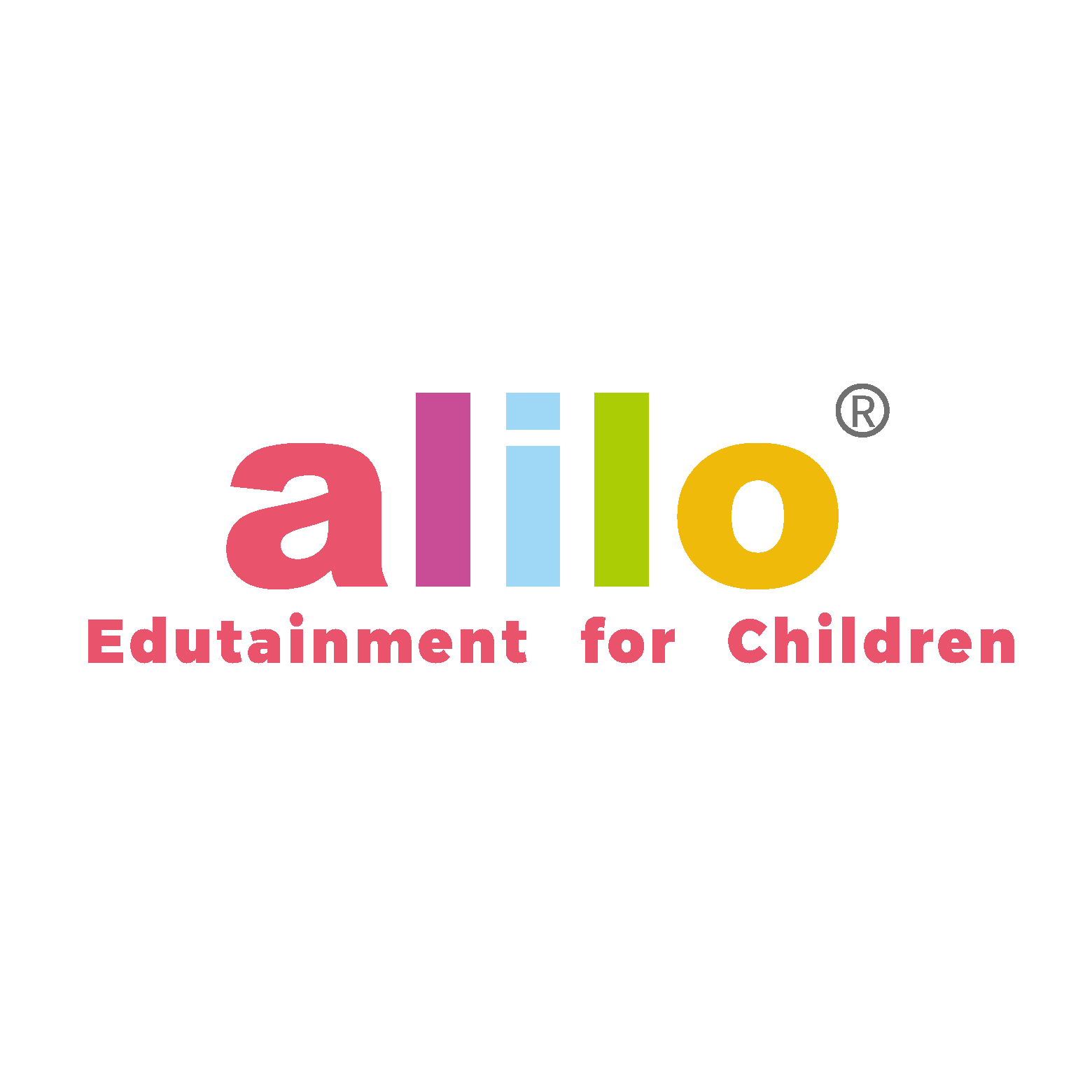
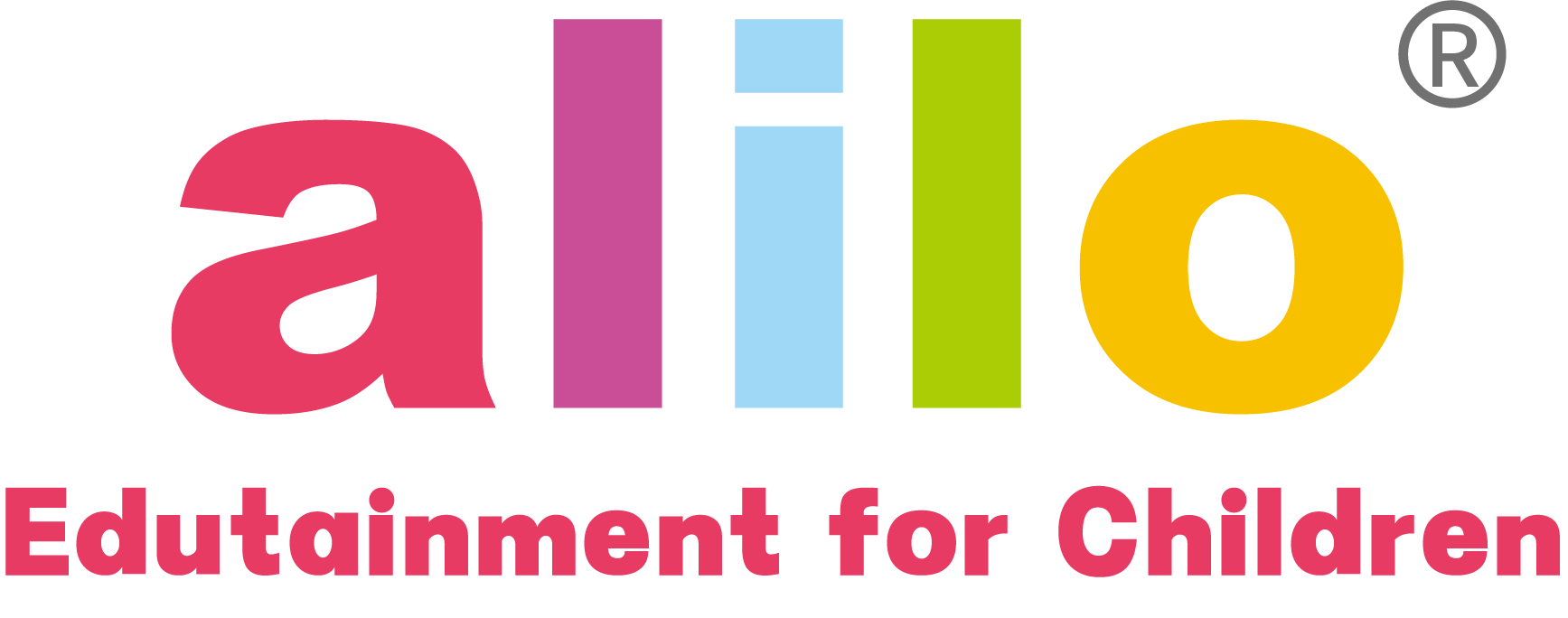
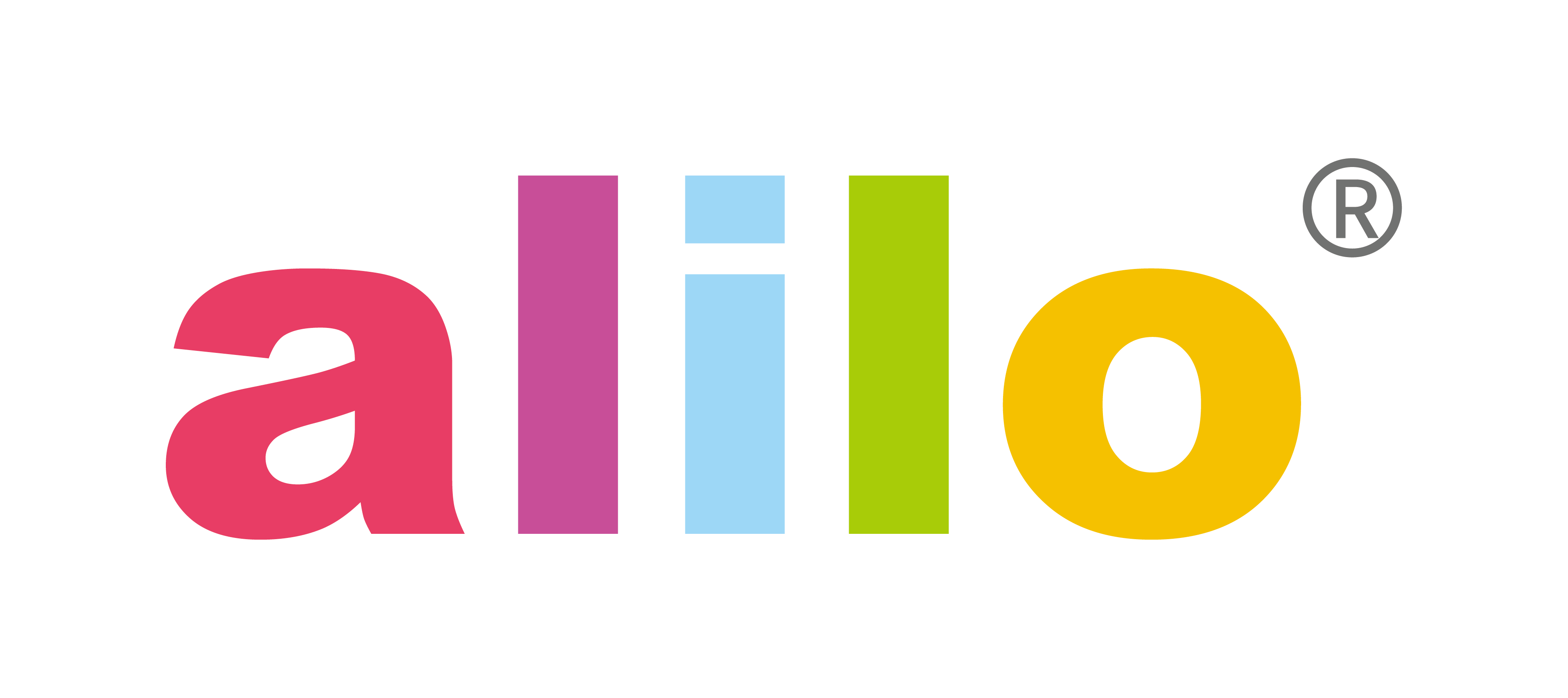
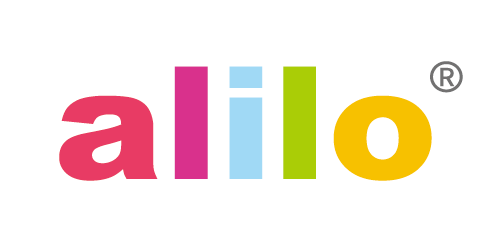
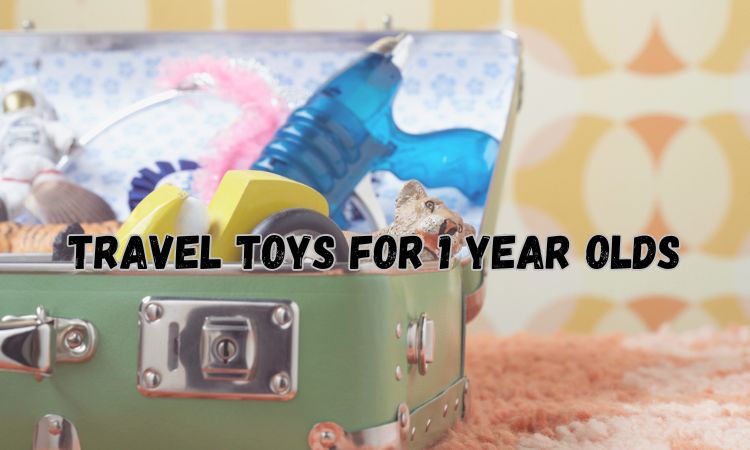

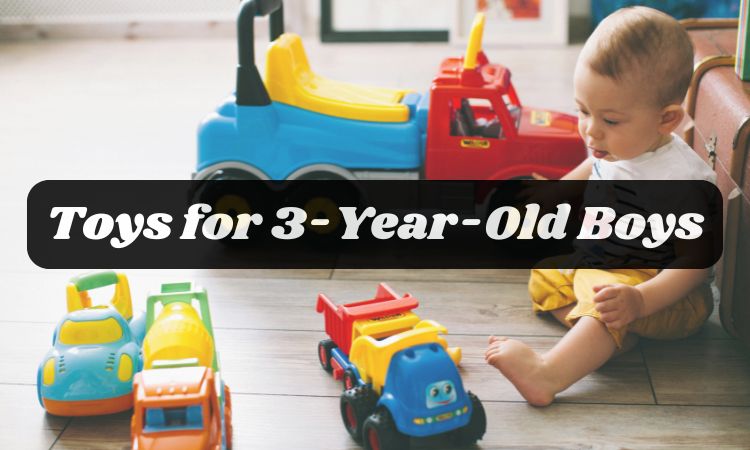
Share and get 5% off!
Simply share this product on one of the following social networks and you will unlock 15% off!